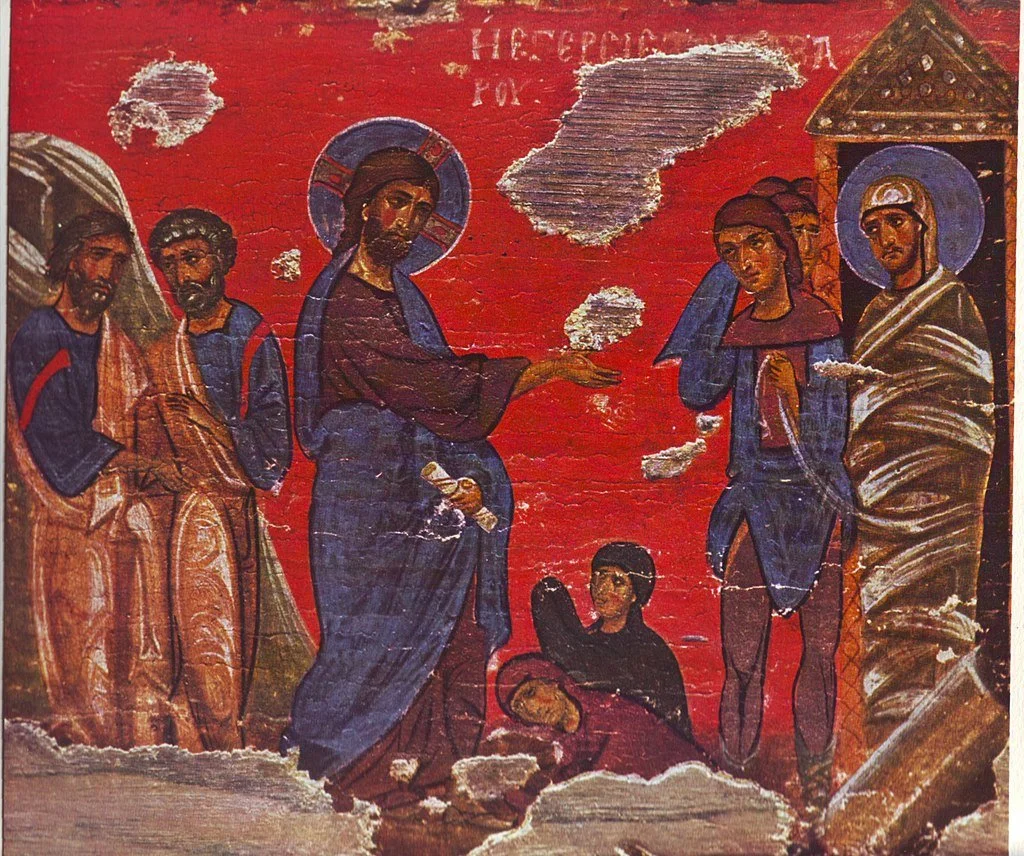Spiritual Growth Requires Ingratitude
She sat in her usual comfy chair at the Bible study, silent. Laying hands on her, the other women prayed prayers carefully couched in spiritual bubble wrap. “God, we just thank you for this challenge. We know it’s a blessing in disguise. Oh, how you will teach us so many lessons through the trial! Thank you, Lord, thank you, thank you, you’re so good to us.”
Before she knew what was happening, something inside of her snapped, and she broke through all the prayers with a wail: "My daughter is dying of cancer.”
Everyone fell into an uncomfortable silence.
Her voice cracked, and she continued, "And I am not grateful! I hate this. It's evil, and I won't pretend it's a blessing!”
She found the courage to look up into their eyes.
It was a holy moment, even if they didn’t know it yet.
It’s good that we want to please the Lord with our lives. I admire courageous faith and spiritual support in dark times.
But in our rush to be grateful for everything, we've forgotten how to hate what God hates. In the pressure to ‘demonstrate faith,’ we’ve denied ourselves the gift of experiencing all our emotions.
When Mary and Martha told Jesus that his friend Lazarus was dead and buried, did he ask them to cheer up?
No. He wept.
The scholar Gerald Bocher points out that Lazarus lives in Bethany, which literally means “the house of suffering.” His careful study of the story reveals that Jesus is filled with grief and even anger at two intertwined tragedies.
The first is the death of his friend, yes. But Jesus expresses a more intense frustration at the spiritual emptiness of the wailing bystanders and his hardhearted opponents (see the New American Commentary for the full details).
Jesus shows the holiness of anger, frustration, grief, and lament in the house of suffering.
These are wild, unruly emotions, and I cannot unilaterally endorse them. But neither can I applaud the performance of respectable gratitude in the face of evil and death.
This is the paradox of biblical faith. Gratitude for God’s goodness fuels resistance to evil.
Understanding God’s purposes empowers us to name what violates them.
Experiencing God’s love gives us the strength to lament spiritual apathy and rebellion.
Spiritual maturity isn't about being grateful for everything. That would call evil “good” and commit blasphemy in the name of God.
We live in the good world of a good God, so we’re fundamentally a grateful people.
But it’s damaged by evil, so we need the language of ingratitude, protest, and lament to resist evil.
And ultimately? We thank God that his love empowers us to carry light into the darkness.
Go Deep with God
Take the time to read through John 11.
What do you notice about Jesus’ emotions?
Go Deep with Others
Discuss with a good friend and the Uncommon Pursuit community:
How are you tempted to spiritualize away the evil of evil?
How could lament strengthen your relationship with God?
What would it look like to be both more grateful and more grieved?
Go Deep In Service
Who do you know that needs a friend who will join them in their lament? Be with them and let them know it’s okay to not be okay.
Would you like to discuss this article together?
After joining the Academy, you can see the discussion and share your perspective.
If you're already a Community Partner, you can access the discussion in our private forums at this link.
Get An Encouraging Essay Every Week!
When you're ready, here are my recommended next steps:

